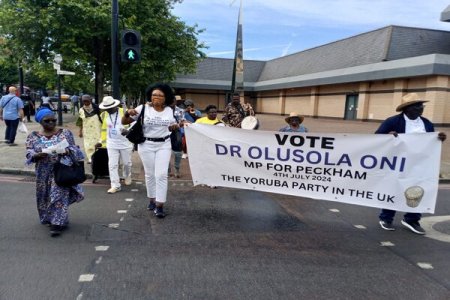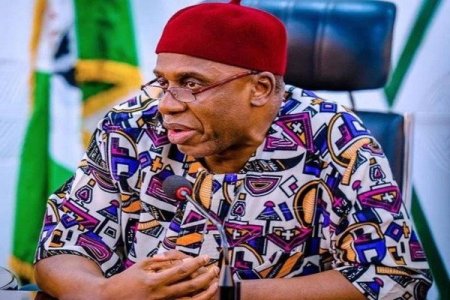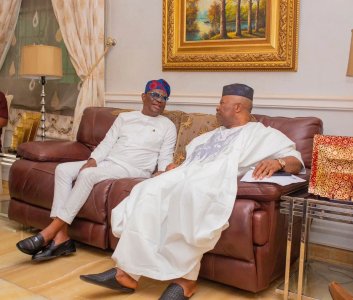
The Yoruba Party in the UK failed to secure a seat in the recent general election, receiving only 261 votes in the Peckham constituency. Despite a campaign focused on key issues, the party could not compete with major parties, highlighting the challenges faced by smaller political groups in UK elections.
The Yoruba Party in the United Kingdom (YPUK) failed to secure a seat in the recent general election, garnering only 261 votes in the Peckham constituency. Despite campaigning on issues like climate change, tax reduction, and supporting the Yoruba community in the UK, the party struggled against major political entities. Founded by Olusola Oni, YPUK aimed to amplify the Yoruba voice in British politics but failed to resonate widely enough to influence the election outcome.
Social media reactions reflected mixed sentiments about YPUK's performance. Some criticized the perception that naming the party after their tribe implied a form of ethnic favoritism or exclusivity, contrasting it with candidates from diverse backgrounds who did not align their political affiliations with their ethnicity. Others viewed YPUK's campaign as a positive step towards ethnic political representation, potentially inspiring similar initiatives. The election also saw other minor parties like the UK Independence Party and the Alliance for Green Socialism unable to secure seats, underscoring the dominance of major parties in UK politics.
Outgoing Prime Minister Rishi Sunak accepted responsibility for the Conservative Party's defeat, emphasizing the importance of a peaceful transition of power. He expressed gratitude to his constituents and congratulated Sir Keir Starmer on his victory. Sunak pledged to reflect on the election results and the efforts of unsuccessful Conservative candidates to better understand voter sentiments and aspirations.





